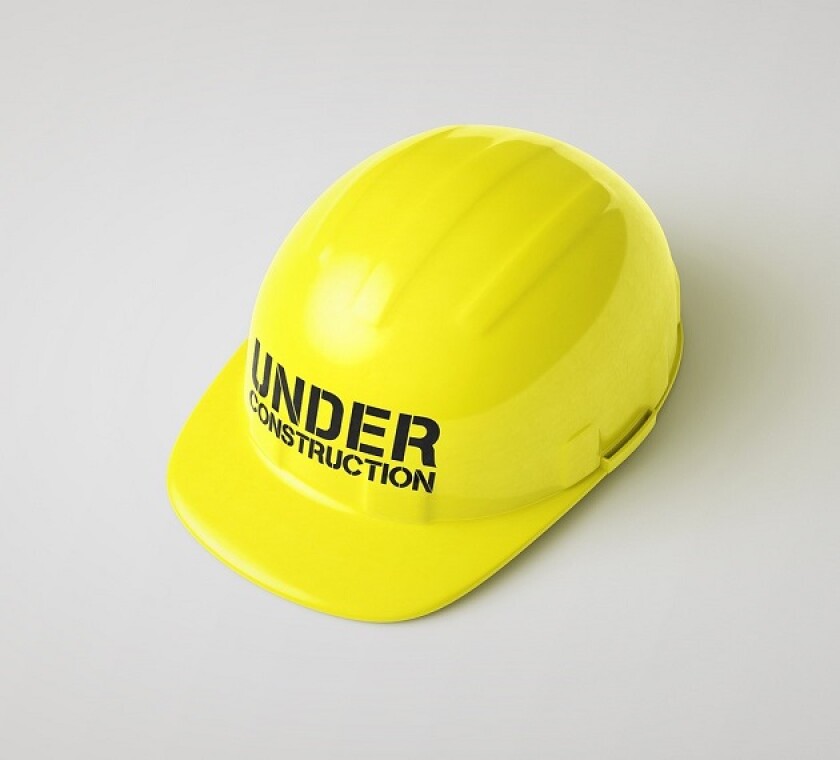Industrial building allowance (IBA) is available to a taxpayer who has incurred qualifying expenditure for the construction or purchase of an industrial building. In Ketua Pengarah Hasil Dalam Negeri v. Classic Japan (M) Sdn Bhd & Another Appeal, the High Court laid down the fundamental principles in determining a taxpayer’s eligibility to claim for IBA.
S Saravana Kumar, of Rosli Dahlan Saravana Partnership, had previously represented the taxpayer before the Special Commissioners of Income Tax (SCIT), where he successfully represented the taxpayer in pursuing the IBA claim.
The taxpayer, a company involved in collecting, processing, and shipment of flower cutting for export, claimed IBA on the capital expenditure incurred for constructing a cold room used to store fresh flowers before exporting them to Japan.
The Director General of Inland Revenue (DGIR) disallowed the taxpayer’s claim for IBA on the cold room facility. This resulted in the taxpayer filing an appeal to the SCIT. The SCIT ruled that the cold room was an industrial building within the meaning of paragraph 63 of Schedule 3 of the Income Tax Act 1967 (ITA) and allowed the taxpayer’s appeal. The DGIR then appealed against the SCIT’s decision to the High Court.
Relevant statutory provisions
Pursuant to paragraph 3 of Schedule 3, one is eligible to claim IBA on the capital expenditure incurred on the construction or purchase of building used as an industrial building. Under paragraph 63 of Schedule 3, the term ‘industrial building’ refers to a building used as a factory for business. The definition of ‘factory’ in paragraph 64 of Schedule 3 which refers to a building for the manufacture of product or subjection of goods.
The DGIR's contention
At the High Court, the DGIR contended that the taxpayer failed to fulfil the conditions to claim IBA for the following reasons:
The DGIR cited the dictionary definition of ‘process’ which is a method of producing goods in a factory by treating raw materials/a series of actions that produce something or that lead to a particular result;
The taxpayer’s activity does not constitute ‘process’ on the following basis:
The taxpayer is merely packaging the fresh flowers, which is not a ‘process’;
The taxpayer’s activity does not change the shape nor increase the market value of the fresh flowers being sold to Japan; and
The taxpayer’s activity does not produce something or lead to a particular result.
The taxpayer's submission
The taxpayer maintained the position that the capital expenditure is a qualifying building expenditure:
The word ‘includes’ in paragraph 64 of Schedule 3 denotes that the definition of ‘factory’ is inclusive rather than exhaustive as held by the High Court in the Lavender Confectionery. Hence, a building that does not come within paragraph 64 of Schedule 3 may still fall within the definition of ‘factory’;
The DGIR erred in contending that the taxpayer’s activity does not constitute ‘process’ based on the Kilmarnock case as the taxpayer in Kilmarnock was allowed to claim for IBA for capital expenditure incurred on a building where coal had been packaged and weighed;
It was proven that the flowers had been subjected to a process such as inspection, trimming, grading, bunching, and cutting, hydration, packing, and shipping which were all conducted in the taxpayer’s factory. Those processes were held to be important; the flowers would not be able to last the journey to Japan. Therefore, there is a value-added to the processed and packaged flowers as they would be able to have a longer lifespan to survive the journey to Japan without damage; and
The taxpayer’s factory falls within the ambit of paragraph 37C of Schedule 3, where the cold room at the taxpayer’s factory is used solely for storing the processed fresh flowers.
The High Court affirmed the SCIT’s decision and held that the taxpayer’s cold room satisfies the requirements to be an industrial building under paragraph 63 of Schedule 3.
This High Court followed the decision in Lavender Confectionery whereby the functionality test should be applied in determining whether the items claimed are necessary and integral to the functioning of the factory. The decision in Lavender Confectionery was subsequently affirmed by the Court of Appeal. Our tax partners, DP Naban and S Saravana Kumar successfully represented the taxpayer in the Lavender Confectionery case.
Additionally, the High Court also accepted that the taxpayer was also entitled to claim for IBA under paragraph 37C of Schedule 3 as the cold room facility formed a crucial and integral part of the building as it was used by the taxpayer solely for the storage before export.
S Saravana Kumar
Partner, Rosli Dahlan Saravana Partnership
Head of tax, SST and customs practice
Yap Wen Hui
Associate, Rosli Dahlan Saravana Partnership













